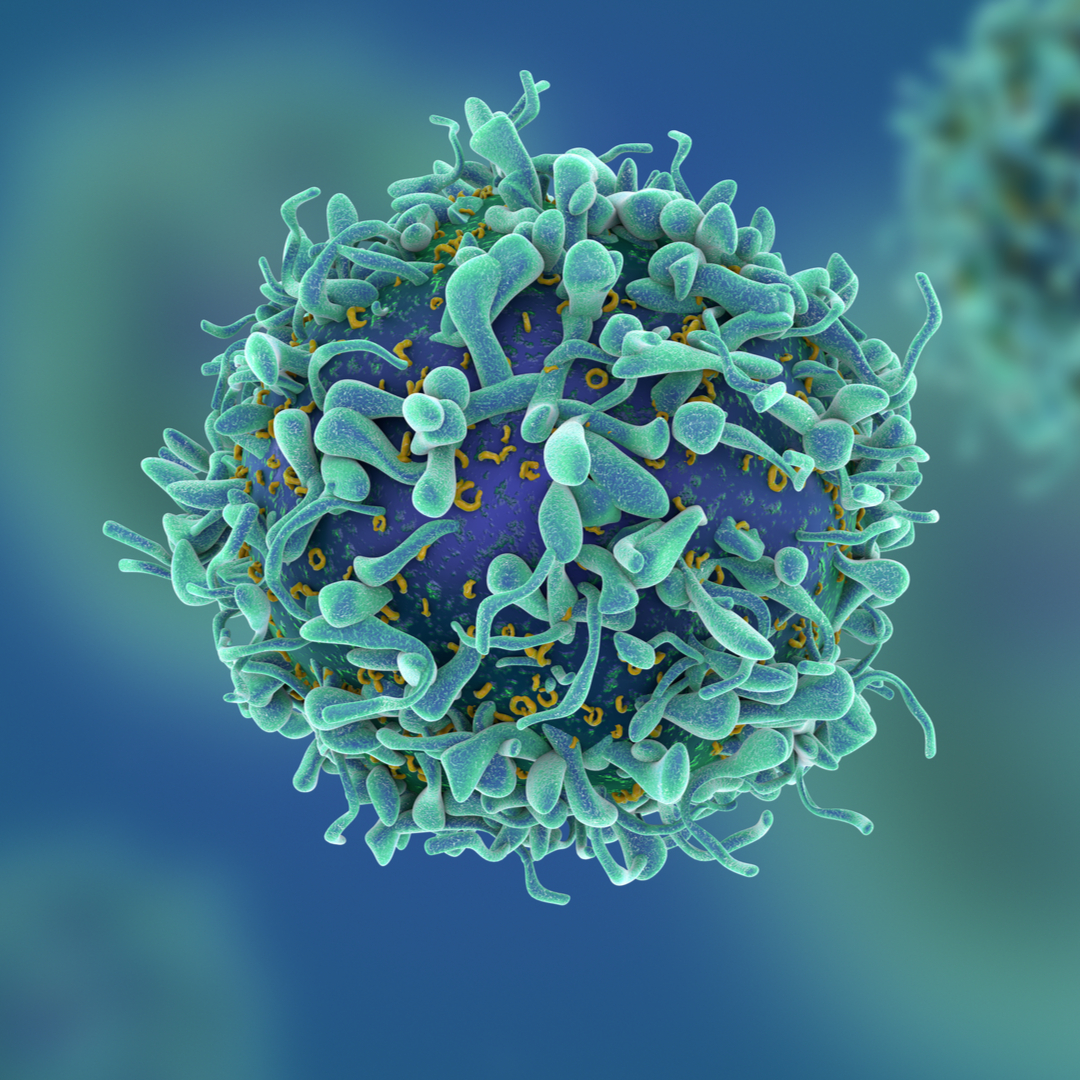
Tissue-resident memory Th17 cells maintain stable fungal commensalism in the oral mucosa
Authors: Florian R. Kirchner & Salomé LeibundGut-Landmann
Summary
Keeping a stable equilibrium between the host and commensal microbes to which we are constantly exposed, poses a major challenge for the immune system. The host mechanisms that regulate homeostasis of the microbiota to prevent infection and inflammatory disorders are not fully understood. Here, we provide evidence that CD4+ tissue-resident memory T (TRM) cells act as central players in this process. Using a murine model of C. albicans commensalism we show that IL-17 producing CD69+CD103+CD4+ memory T cells persist in the colonized tissue long-term and independently of circulatory supplies. Consistent with the requirement of Th17 cells for limiting fungal growth, IL-17-producing TRM cells in the mucosa were sufficient to maintain prolonged colonization, while circulatory T cells were dispensable. Although TRM cells were first proposed to protect from pathogens causing recurrent acute infections, our results support a central function of TRM cells in the maintenance of commensalism.Reference: Kirchner, F.R., LeibundGut-Landmann, S. Tissue-resident memory Th17 cells maintain stable fungal commensalism in the oral mucosa. Mucosal Immunol (2020). Retrieved from https://nature.com.
Product Highlights:
The authors used Bio X Cell's anti-mouse CD4 (Clone GK1.5) and rat IgG2b isotype control (Clone LTF-2) in this research study.

